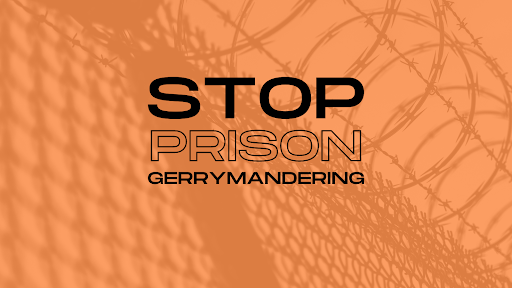
Morrisville N.C. (08/17/2021) — Democracy NC has partnered with Southern Coalition for Social Justice, and the Prison Policy Initiative to advocate for local jurisdictions in North Carolina to end prison gerrymandering in this redistricting cycle.
In conducting the decennial federal census, the U.S. Census Bureau has traditionally counted incarcerated individuals as if they were residents of the correctional facility they are held in on Census Day, rather than at the home address. When these inflated population totals are used for redistricting it results in political power transferred to people who live near prisons – a practice called prison gerrymandering.
While prison gerrymandering receives the most attention at the state and national levels, it is also an issue that manifests at the local level (in cities/towns, counties, and school districts) that can be solved effectively by local governments. In fact, more than 200 local governments have already taken action to avoid prison gerrymandering.
This campaign centers around encouraging local redistricting decision-makers to exclude incarcerated individuals from redistricting data in order to ensure that the districts accurately reflect resident populations and constituents and do not disproportionately empower districts with prison populations.
As part, Democracy NC has sent letters to lawmakers that fall into one of three categories:
- they previously solved the problem of prison redistricting and/or
- failed to solve the problem, or
- it was unclear how the jurisdiction addressed prison gerrymandering during the last redistricting cycle.
In total, partners plan to produce and send letters (by email or snail mail) to more than 1,770 recipients in 246 local jurisdictions across seven states, including Alabama, Georgia, Mississippi, North Carolina, South Carolina, Tennessee, and Texas.
###
Democracy North Carolina is a statewide nonpartisan organization that uses research, organizing, and advocacy to increase civic participation, reduce the influence of big money in politics, and remove systemic barriers to voting and serving in elected office.